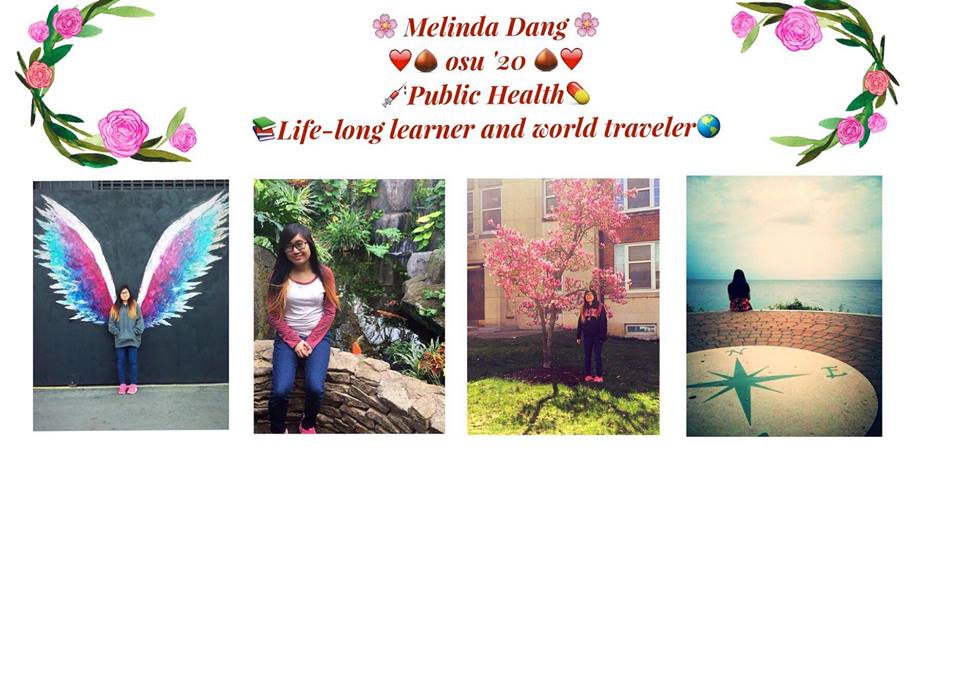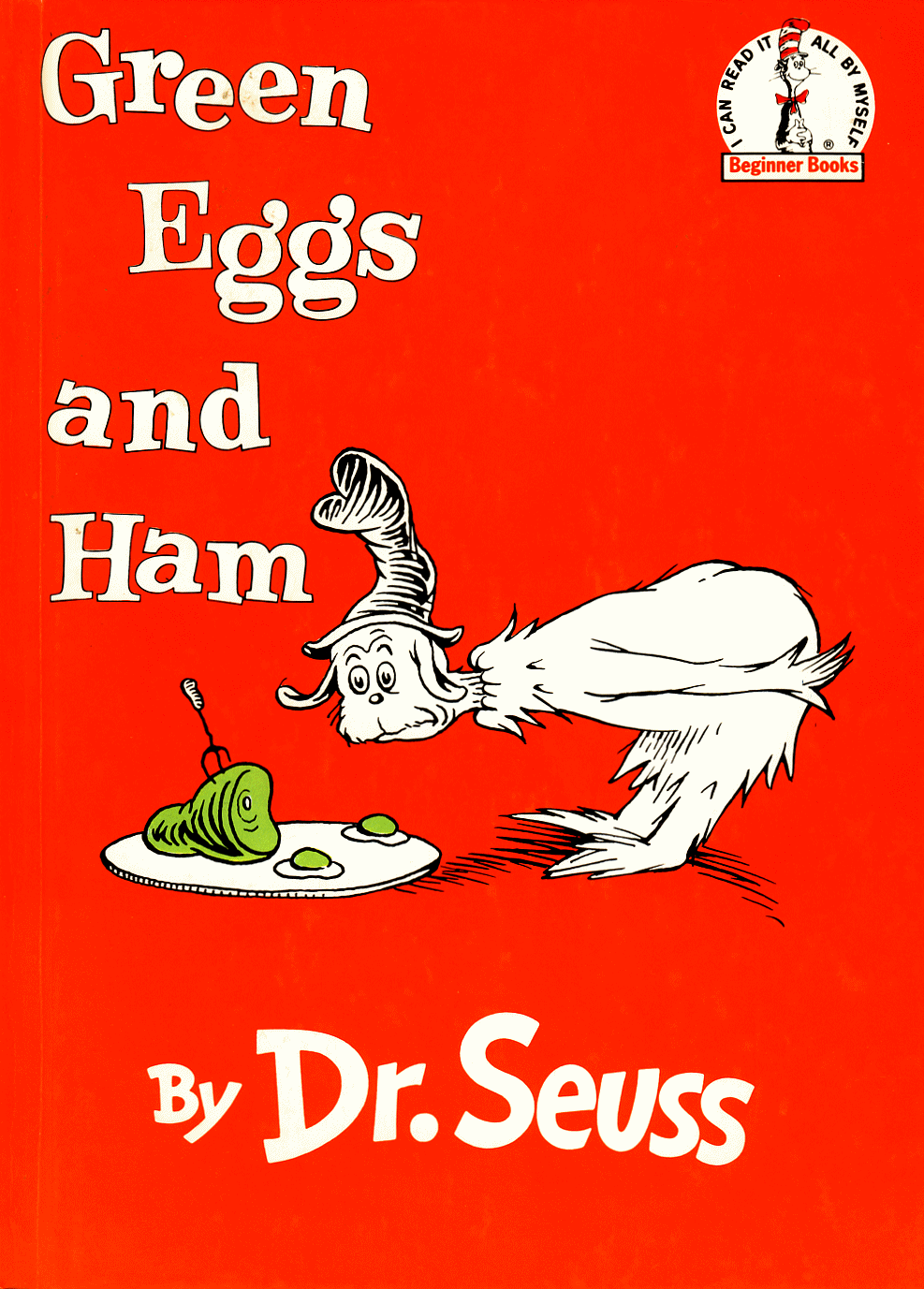In fall of 2015, I was preparing my Common App application for Ohio State (I submitted September 30 – so early!), and I wanted to enhance my undergraduate education by being in either an Honors program or a Scholars program. Both have their merits and benefits; it just depends what each individual seeks in their college experience. To me, Honors is a more academic-focused experience. Pros are that you can schedule earlier than the vast majority of students (even before some seniors), take classes that are smaller and cover a greater amount of material on a deeper level, and live in Honors housing. Of course, Honors courses are harder than regular classes, but some welcome this challenge! However, Scholars also offered some appealing traits; there are 17 themes for the Scholars programs, catering to different interests. You also get to live and learn with your Scholars cohort your first year on campus (it’s a requirement!) and in addition to that, you all take a 1-credit hour seminar course that counts for grade and credit! Both programs allow you to be more involved because they have activities and events exclusive to those programs.
I liked Health Sciences Scholars the most, based on what I read about on the Honors & Scholars website. (https://honors-scholars.osu.edu/) However, you are not able to choose your preferences for what Scholars program you are placed into until winter or spring. (Around Christmas time, I found out I was offered to be in Scholars, and then I was told that I can choose my top 3 choices for Scholars programs at a later time.) Then March 31, I was emailed saying I got into my first choice! So yay!
It is not mandatory for those applying to OSU to apply to Honors & Scholars as well; it is a supplementary essay! If you are interested in applying, continue reading:
The prompt I had to answer for applying to Honors & Scholars was: How would your five-year-old self see you today? Considering your past experiences and your future ambitions, who do you feel you are becoming now? In what ways are those two images congruent, or divergent? (350-500 words)
I have included my entire essay for my readers! (The one I submitted to OSU) It gives you a glimpse of my life and how my childhood experiences have shaped who I am today.
Green Eggs and Ham
“Let’s read Green Eggs and Ham, Mei Yi,” my mom said as she pulled out a slim hardcover book and patted her hand on the sofa, motioning me to sit beside her. I was five years old, and learning English along with my mom. At this time, she was not a U.S. citizen, so both of us were trying to understand more about American culture. I have fond childhood memories spending rainy afternoons with my mom surrounded by boxes of books and reading to my heart’s content.
During elementary school, I was shy and struggled with learning two languages simultaneously. I would recede into the comforts of my mother’s arms. I would also try to conceal that I was bilingual, because I felt different and wanted to be more like my peers. When students would ask what my Chinese name was and for me to speak in my dialect, I felt like they were pointing out how different I was. When I got older, I began to realize that being different was not a bad thing.
My five-year-old self would be surprised at my intellectual curiosity. I immersed myself into situations outside of my comfort zone, and soon I became accustomed to talking to strangers. In ninth grade, I completed a year-long school project collaborating with a team from the American University of Paris. I even spent a week in college dorms 100 miles from home, which forced me to adjust to unfamiliar settings. Now I am more comfortable with meeting new people and find it easier to strike up conversations.
Today, my five-year-old self would see me as a role model to others and be proud of how I transformed from a timid, hesitant caterpillar into a resilient, powerful butterfly. I am becoming more confident in myself and my abilities. Although I may be nervous about conquering challenges, like public speaking, I still step up and face them head-on. Now, I take control of my future and engage in my community by volunteering at the hospital, tutoring my peers, and being a senior mentor to two freshmen. It is important to set an example for others and I want to share my experiences with them.
My past and present self are congruent because we both love reading and place a high priority on learning. However, these two images are also divergent because I am more responsible and outgoing. I seize the moment and take advantage of all opportunities. I feel like I am turning into a person who doesn’t follow in someone’s footsteps or who hides in the shadows, but who forges my own path. This is part of growing up. Maybe one day I will even be courageous enough to try green eggs and ham.
This is what my childhood copy of the book looked like. I can still vividly remember where I was sitting with my mom in the living room when she read to me. (I was on her left, and I was closest to the front door.) It was sometime in the evening, with the sun slowly sinking into the horizon. Thanks Mom for my earliest memory.
Tips for writing your H&S essay:
–Do not make it a repeat of your resume or the rest of your application. Do not just list out a slew of achievements. Instead, focus on one particular aspect of your life (a slice of the pie) and talk in depth about that.
–Brainstorm. I take pieces of plain white unlined paper and draw bubbles to make a mind-map diagram. I spend at least a half-hour freewriting, jotting down whatever pops into my head.
For this specific essay, you can divide part of the paper into sections. One part can say “Five-year-old self” and “Present day self” and then list all the differences and similarities. Also, I thought about what my dream job was when I was five, and I remember myself saying “Mermaid” to my relatives. I didn’t use this idea in my essay, but it helped me recollect what I was like as a child: very imaginative yet quiet.
–Ask family and friends about what you were like as a child and what they have noticed about your growth (academically, personally, etc.) They can help spark memories you may not know you have about yourself! Pull out the old scrapbooks from your house attic if you want to as well.
–It may not be complete in one sitting. My essay writing took a process of a few months. Just start early and continue working on it a bit at a time. I started in August (August 1, I believe), being the proactive person I am by nature.
–Have three people review it. (Just make sure you have others proof-read it besides yourself.) Actually, this number can be adjusted based on what you feel is right for you. I think I had at least five people look at my essay: my upper-class English teacher, the English teacher’s assistant, two college advisors, and my close friends.
-Use Google Docs or an equivalent. With Google Docs, you can share it with others via email with a few clicks of a button, and they can comment on it while you are simultaneously looking at the document from your own device. Also, Google Docs saves your document automatically so it will not be lost if your power suddenly shuts off.
To future OSU applicants, best of luck with your essays! I hope my essay provides inspiration and my tips are helpful to you!
P.S. I still have not tried green eggs and ham.
P.P.S. (7/28/17): I went to the restaurant Hangover Easy which has a wide selection of creative brunch items, and I finally tried the dish Green Eggs and Ham! It costs less than $8 and is a huge portion!

